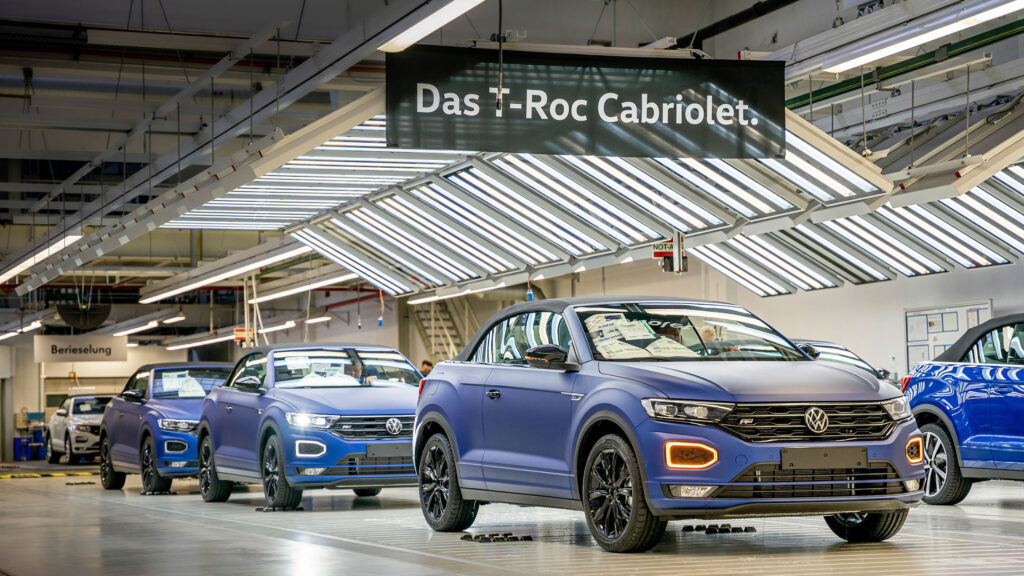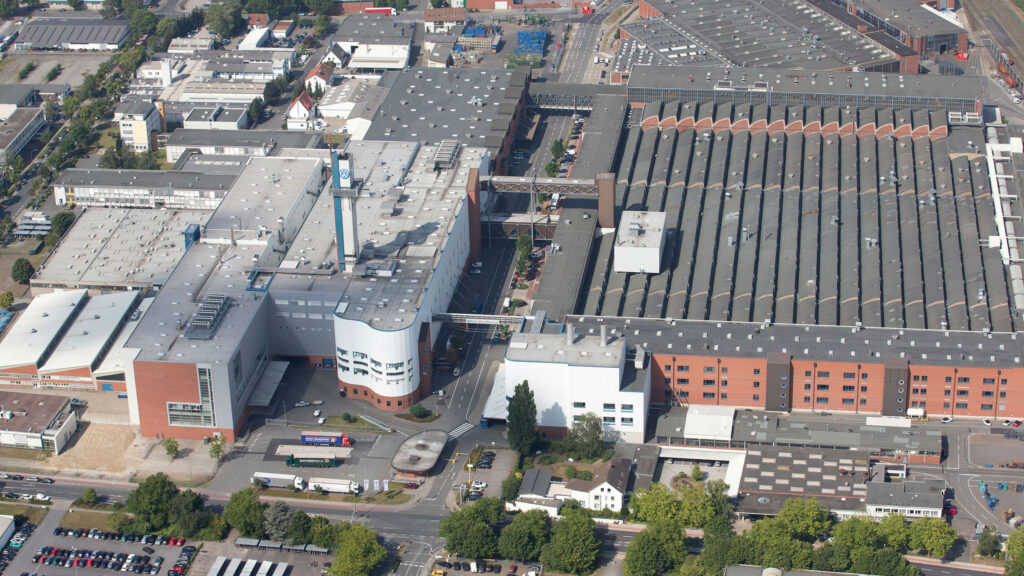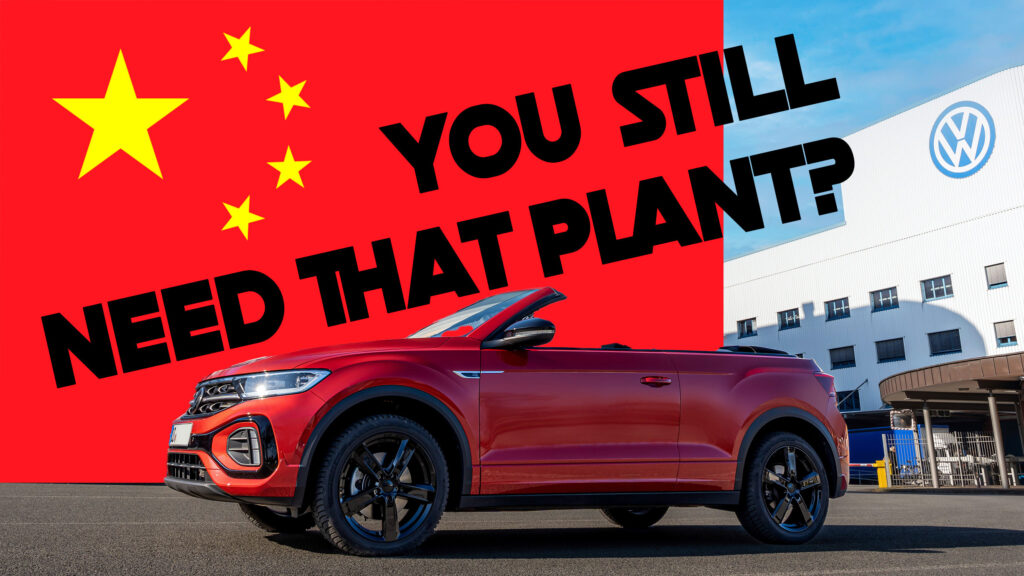- Chinese brands are reportedly interested in VW’s cast-off plants in Europe.
- VW wants to shutter two sites to improve profits harmed in part by a downturn in China.
- Adapting an existing plant would be quicker than building one, and help avoid tariffs.
Imagine having to sell your fun weekend car because your wife has left you for someone else and you’re getting divorced. And the person who turns up to buy your beloved car is the same one your ex left you for. That’s the kind of situation VW could find itself in according to a new report that claims China could be interested in purchasing the German automaker’s unwanted plants.
VW is in the financial doo-doo. Last fall, finance boss Arno Antlitz warned the automaker had only “one, maybe two years” to save the brand, and a couple of months later VW revealed plans to close two factories in Europe to save money. Some of the company’s woes can be put down to the slower-than-expected growth of the EV market, but another big financial drain has been the brand’s underperformance in China.
Related: VW Slashes Manager Bonuses By 10% For Two Years, Plans More Cuts Through 2030
Sales of VWs in China fell 8.3 percent last year as buyers increasingly opted for rapidly improved and aggressively priced cars from domestic brands. And now that same Chinese car industry is eyeing up VW’s cast-off plants, which would give it a European foothold within Germany’s borders.
Without naming brands, Reuters says Chinese officials and automakers are interested in VW’s plans for its Dresden and Osnabrueck sites, two factories earmarked for the chop. Dresden employs 340 people to produce the ID.3 EV and is scheduled to close this year, while the bigger Osnabrueck factory, where 2,300 workers produce the T-Roc Cabrio and Porsche’s combustion 718s, all of which are on their way out, won’t last past 2027.

It’s the Osnabrueck site that’s particularly of interest to the Chinese government, the report claims, and sources say VW is open to the idea of a sale. Offloading the plant could cost VW less than closing it altogether, and adapting an existing site would save China time versus setting up a new plant from scratch.
The European Commission’s decision to introduce tariffs of up to 37 percent on some Chinese cars imported to Europe has made China keener to shift production to the region. BYD has already green-lighted plans for plants in Hungary and Turkey, Stellantis and Leapmotor are building cars together in Poland, and Chery will begin pumping out cars this year from Nissan’s old site in Spain.





